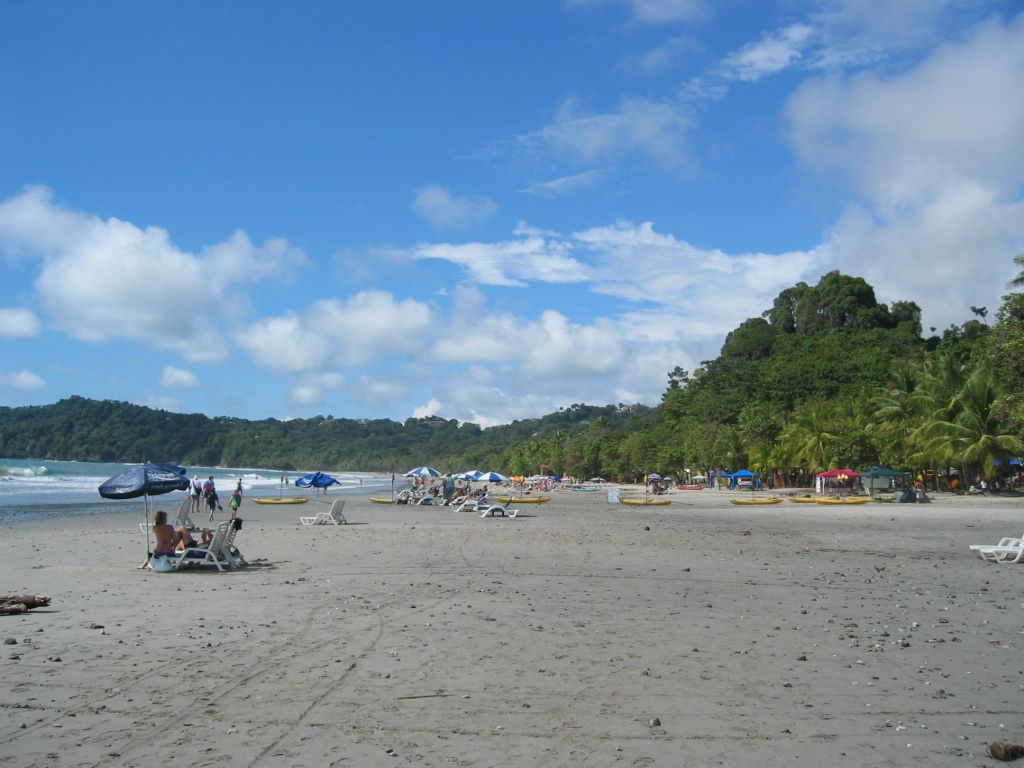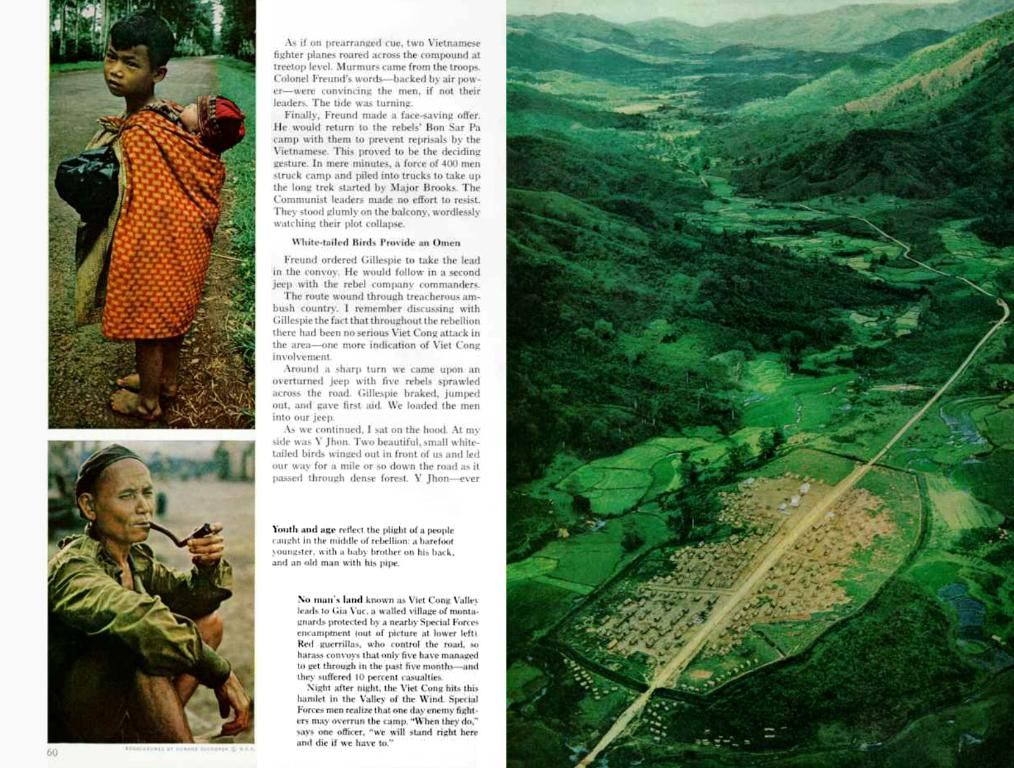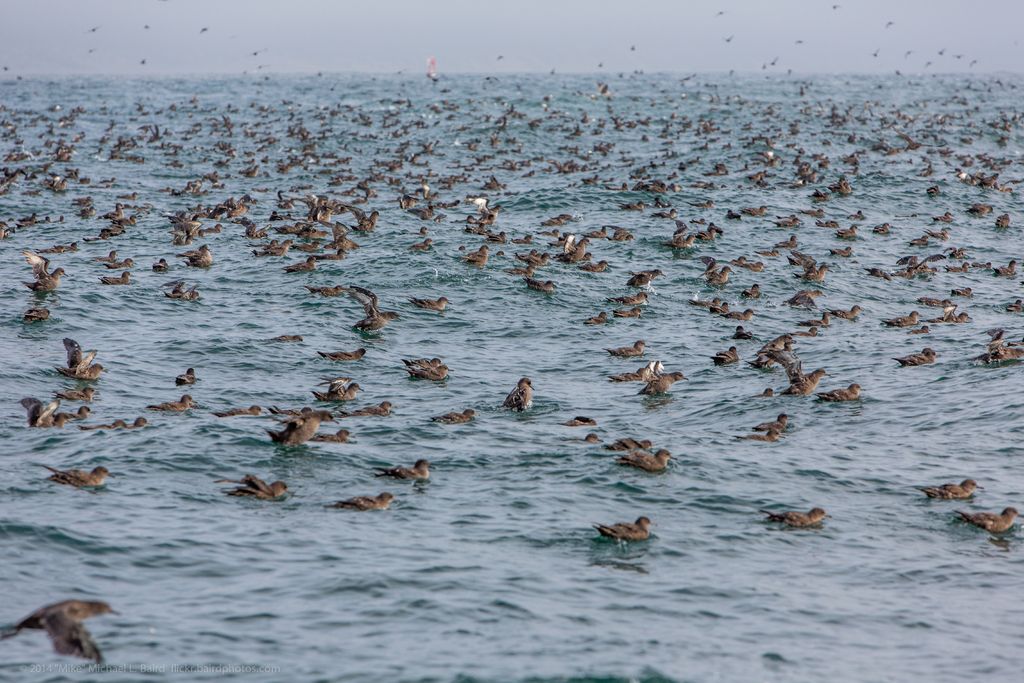Urban Food systems Transformation Blueprint: Guiding European Cities to Food System Evolution
Urban food systems are crucial in tackling growing challenges like biodyssey loss, poor public health, climate change, and social injustice, especially as more people move to cities. The Milan Urban Food Policy Pact (MUFPP) and the Food 2030 Framework provide a blueprint for cities to transform their food systems. While many cities have signed the MUFPP, implementing change can be challenging. That's where the Food Trails project comes in, working with 11 European cities to support their efforts at every step.
Here's a glimpse of what some Food Trails cities have accomplished:
- Improving Governance: Bordeaux Metropole (France) and Thessaloniki (Greece) set up Food Councils, bringing together a variety of stakeholders to discuss and improve their regional food systems.
- Public Procurement: Cities like Copenhagen (Denmark), Milan (Italy), and Grenoble Alpes Metropole (France) use their purchasing power to support local, agroecological producers and offer training to canteen staff to prepare plant-based meals.
- Supporting the Needy: Groningen (Netherlands) focuses on health by producing a cookbook and providing free cookery classes featuring easy, inexpensive plant-based recipes. Meanwhile, Birmingham (UK) and Funchal (Portugal) address food poverty by combining food system interventions with social initiatives for disadvantaged families.
- Reducing Food Waste: Warsaw (Poland) collaborates with the HoReCa industry on cutting food waste, while Tirana (Albania) provides nutritious meals to children and vulnerable communities to combat malnutrition.
Food Trails provides tools to help cities assess and transform their food systems, such as the QuickScan Lens for Replication (QSLR) and the Food Policy Action Canvas. The QSLR helps cities evaluate their current food system, while the Food Policy Action Canvas provides a clear plan for interventions.
Food Trails cities also share experiences through peer learning. Each city serves as a mentor and mentee to others, learning from each other's successes and challenges. This collaborative approach allows cities to adapt best practices for their own unique circumstances.
In conclusion, Food Trails offers a roadmap for cities to create sustainable, healthy, and inclusive food systems. By working together, cities have the power to combat food-related issues and promote a better quality of life for their residents. For more information, visit https://foodtrails.milanurbanfoodpolicypact.org/. Additionally, cities can apply to join similar peer-learning programmes, such as the Cleverfood programme, by 27 September 2024.
Enrichment Data:While Food Trails cities' specific interventions aren't detailed, similar projects can draw inspiration from wider approaches in urban food systems. For instance, collaborative governance can enhance local food production and sustainability, while public procurement policies can favor local and sustainable food sources. Urban food-sharing landscapes can support vulnerable communities by redistributing surplus food, and innovative waste reduction strategies can divert food waste into new products or distribution to communities in need. Implementing sustainable food system interventions might involve using innovative collaboration tools, engaging in global collaboration, and promoting sustainable agricultural practices.
- Urban food systems, especially those in cities involved in the Food Trails project, are designed to tackle challenges such as biodiversity loss, poor public health, climate change, and social injustice.
- To transform their food systems, Food Trails cities have implemented various strategies, like establishing Food Councils that bring together stakeholders, and using public procurement to support local, agroecological producers.
- In addition to improving governance and public procurement, Food Trails cities focus on health and wellness by providing free cookery classes featuring easy, inexpensive plant-based recipes, and addressing food poverty through social initiatives for disadvantaged families.
- To reduce food waste, some cities collaborate with the HoReCa industry or provide nutritious meals to vulnerable communities, combat malnutrition, and divert food waste into new products or distribution to communities in need.
- Food Trails offers tools like the QuickScan Lens for Replication (QSLR) and the Food Policy Action Canvas to help cities assess and transform their food systems, providing a clear plan for interventions and evaluating their current food system's status.
- By learning from each other's successes and challenges through peer learning, Food Trails cities are adapting best practices for their unique circumstances and fostering a collaborative approach to creating sustainable, healthy, and inclusive food systems.








